Question And Answer
Publications
Articles, publications, books, tools and multimedia features from the U.S. Institute of Peace provide the latest news, analysis, research findings, practitioner guides and reports, all related to the conflict zones and issues that are at the center of the Institute’s work to prevent and reduce violent conflict.

Amid a Changing Global Order, NATO Looks East
As NATO celebrates its 75th anniversary this year, the Euro-Atlantic security alliance continues to deepen its engagement with Australia, Japan, South Korea and New Zealand, collectively known as the IP4. NATO has collaborated with these countries since the early 2000s, but Russia’s war against Ukraine, security challenges posed by China and renewed strategic competition have led to increased engagement. As the war in Ukraine grinds on and U.S.-China competition shows no sign of abating, the United States has much to gain from collaboration between its allies and partners in the Euro-Atlantic and Indo-Pacific.

The Indo-Pacific’s Newest Minilateral Emerges
Last week, Philippines President Ferdinand Marcos Jr. stepped foot in the Oval Office for the second time in a year. Joining Marcos this time was Japanese Prime Minister Fumio Kishida, the leader of the United States’ most important ally in Asia and, arguably, the world. The Philippines has long been among a second rung of regional allies, so this first-ever trilateral summit marks Manila’s entrance as a leading U.S. ally working to maintain order and prevent Chinese revisionism in East Asia.

Vikram Singh on the U.S.-Japan-Philippines Trilateral Summit
The United States, Japan and the Philippines are holding their first-ever trilateral summit this week. China’s “unprecedented” pressure and aggression over maritime claims will top the agenda. “There’s a fairly clear resolve … to not just let China bully its way to changing the status quo in the region,” says USIP’s Vikram Singh.
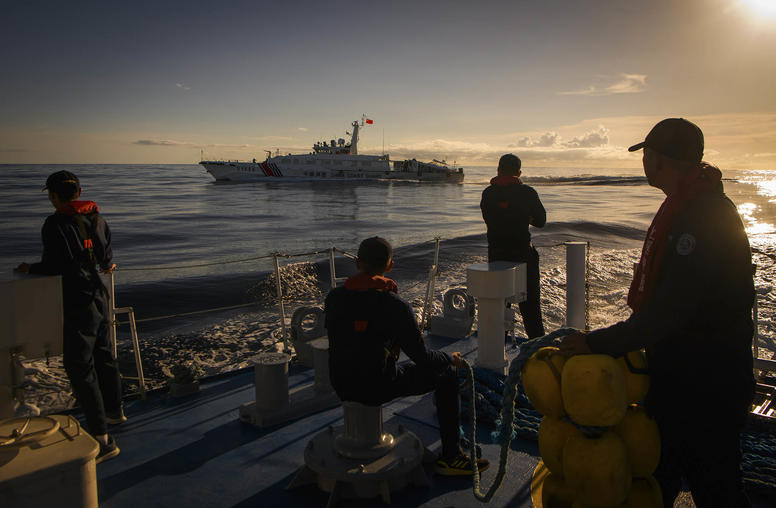
U.S., Japan, Philippines Strengthen Strategic Bonds to Counter China
Next week’s U.S.-Philippines-Japan summit comes against the backdrop of heightened tensions between Manilla and Beijing in the South China Sea, known as the West Philippines Sea in the Philippines. Last month alone saw two incidents of China’s so- called “gray zone” activities, with Chinese ships colliding with Philippines Coast Guard vessels on March 5 and blasting a Philippines supply boat with a water cannon on March 23. These disputes in the West Philippines Sea — an issue on which U.S., Japanese and Philippine interests closely align — will feature prominently when President Joe Biden, Philippine President Ferdinando Marcos Jr. and Japanese Prime Minster Fumio Kishida meet in Washington on April 11.
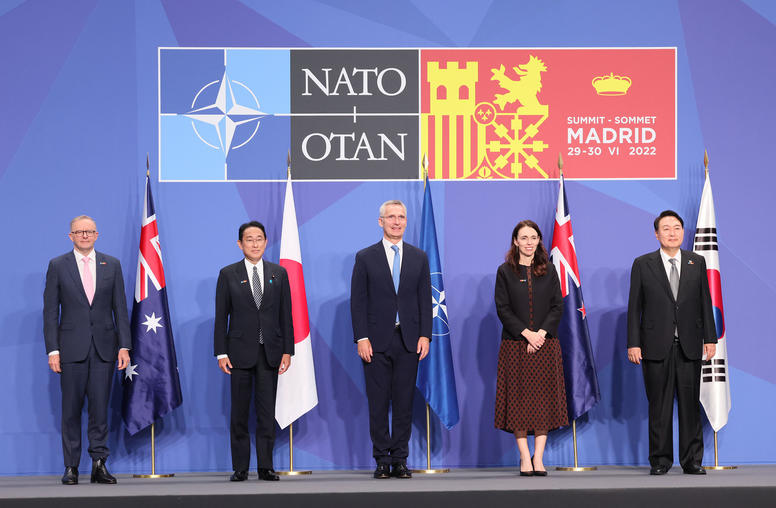
Report of the Expert Study Group on NATO and Indo-Pacific Partners
The North Atlantic Treaty Organization (NATO) and its four partner countries in the Indo-Pacific—Australia, Japan, the Republic of Korea (ROK), and New Zealand—have entered a period of increased engagement. This engagement is taking shape in the context of the war waged by the Russian Federation (Russia) against Ukraine, NATO’s growing awareness of the security challenges posed by the People’s Republic of China (China), and important structural changes in the international system, including the return of strategic competition between the United States and China and Russia. It is occurring not only in bilateral NATO-partner relations but also between NATO and these Indo-Pacific countries as a group.
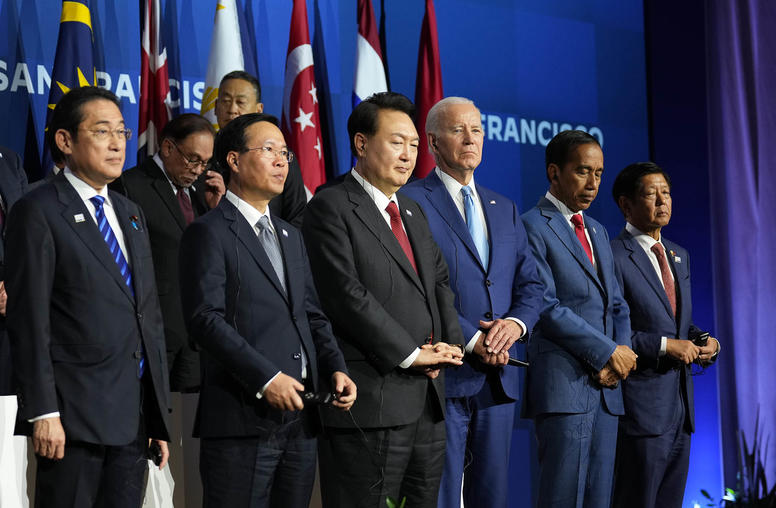
Two Years Later, What Has the Indo-Pacific Strategy Achieved?
This month marks the second anniversary of the Biden administration’s Indo-Pacific Strategy (IPS). USIP experts Carla Freeman, Mirna Galic, Daniel Markey, and Vikram Singh assess what the strategy has accomplished in the past two years, how it has navigated global shocks and its impact on partnerships in the region.
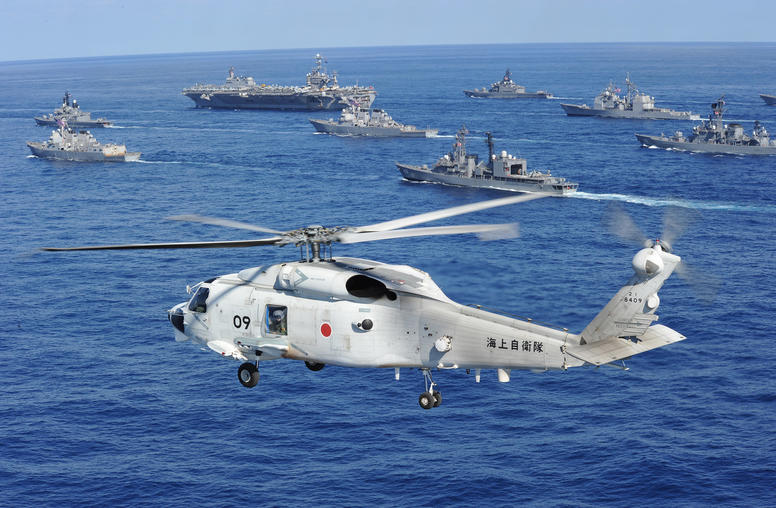
Japan-China Crisis Communications Are Improving but Face Challenges
The urgent need for improved crisis communications mechanisms between China and Japan has been driven home by a number of incidents between the two countries. For example, in January 2013 a Chinese navy vessel directed a fire-control radar at a Japan Maritime Self-Defense Force destroyer. A little over a year later, in May and June 2014, two Chinese military fighter aircraft flew unusually close to Japanese military aircraft. These incidents could have led to a much wider conflagration, particularly in the absence of a crisis communications mechanism.
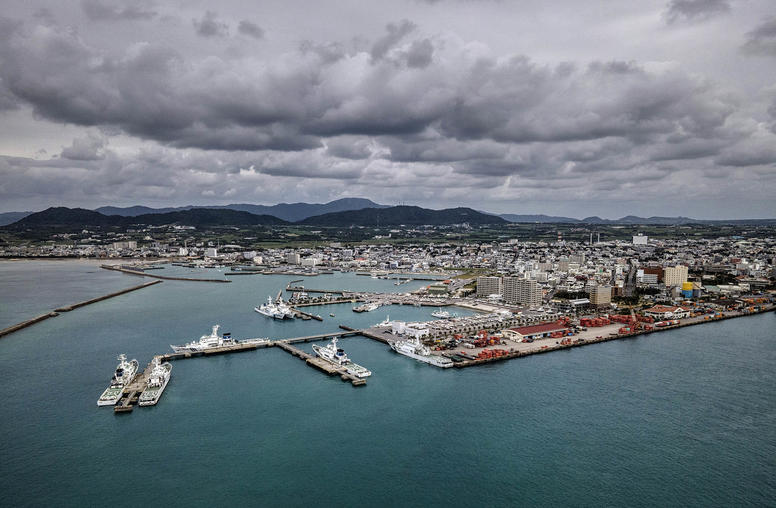
How the Japan-China Hotline Can Help Stop Crisis from Turning into Conflict
For over a decade, confrontation over maritime administration and transit has increased the risk of security incidents between Japan and China. Disputes over territorial incursions, military movements and other activities have maintained consistent friction points between these regional neighbors, begging the question of how the two sides might mitigate tactical-level incidents from becoming strategic-level crises. To that end, on May 16, the two countries’ defense ministers held their first phone call across the newly established “Hotline between Japan-China Defense Authorities.” This culminated a years-long effort to establish a viable line of communication for information exchange and crisis management.

Mirna Galic on the U.S.-South Korea-Japan Summit
While last week’s summit of U.S., South Korean and Japanese leaders may have been historic, the three countries hope “to really institutionalize trilateral cooperation going forward” through joint diplomatic and security initiatives that present “a stronger, united front” in the Indo-Pacific, says USIP's Mirna Galic.
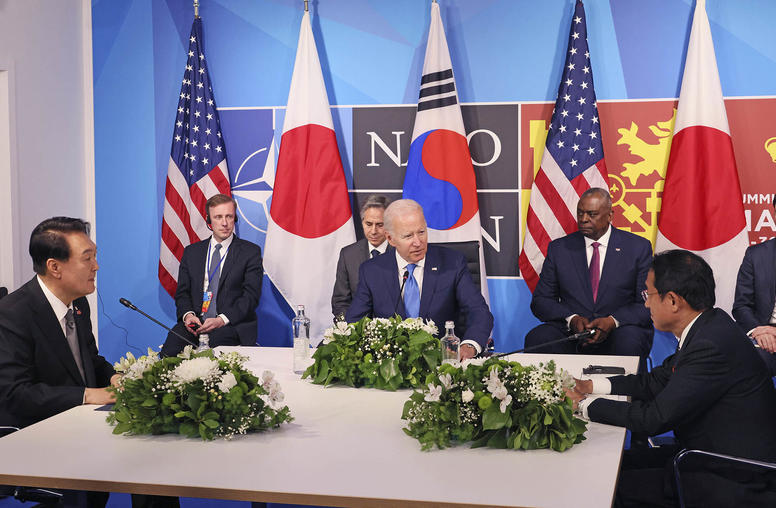
What to Expect from the Trilateral Summit with Japan and South Korea
After months of steadily increasing diplomatic exchanges — and a historic thaw in tensions between South Korea and Japan — President Joe Biden will host Japanese Prime Minister Fumio Kishida and South Korean President Yoon Suk Yeol at Camp David for a trilateral summit on August 18. The three leaders have previously met on the sidelines of larger multilateral forums, such as last year’s NATO summit, but the Camp David meeting marks the first standalone leader-level summit between the three countries.